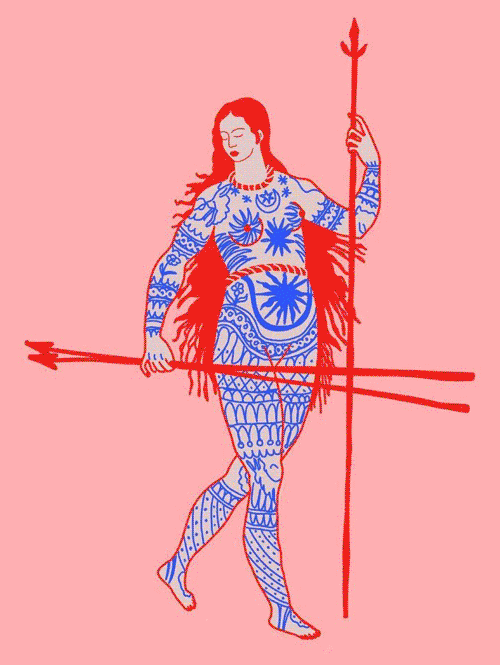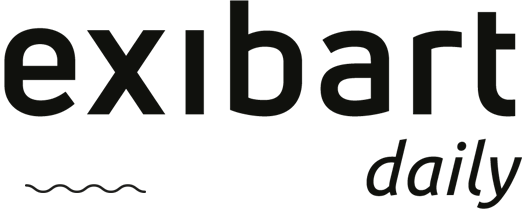Create an account
Welcome! Register for an account
La password verrà inviata via email.
Recupero della password
Recupera la tua password
La password verrà inviata via email.
-
- container colonna1
- Categorie
- #iorestoacasa
- Agenda
- Archeologia
- Architettura
- Arte antica
- Arte contemporanea
- Arte moderna
- Arti performative
- Attualità
- Bandi e concorsi
- Beni culturali
- Cinema
- Contest
- Danza
- Design
- Diritto
- Eventi
- Fiere e manifestazioni
- Film e serie tv
- Formazione
- Fotografia
- Libri ed editoria
- Mercato
- MIC Ministero della Cultura
- Moda
- Musei
- Musica
- Opening
- Personaggi
- Politica e opinioni
- Street Art
- Teatro
- Viaggi
- Categorie
- container colonna2
- container colonna1
Reading Room #1 – Art & Post Fordism
In occasione del primo appuntamento di Reading Room, Nomas Foundation ospita The Research Group Arts in Society of the Fontys College for the Arts per una discussione su arte, economia e società con Paolo Virno, Michelangelo Pistoletto, Paul de Bruyne e Pascal Gielen.
Comunicato stampa
Segnala l'evento
Reading Room è uno spazio dedicato al dialogo, alla ricerca e all’approfondimento di argomenti legati al programma espositivo di Nomas Foundation. E’ un archivio in continua evoluzione ma anche una struttura attraverso la quale rileggere il processo creativo che porta alla realizzazione di un‘esposizione, un dispositivo mutevole al servizio di una riflessione polisemica, collettiva, stratificata sulla cultura contemporanea.
In occasione del primo appuntamento di Reading Room, Nomas Foundation ospita The Research Group Arts in Society of the Fontys College for the Arts per una discussione su arte, economia e società con Paolo Virno, Michelangelo Pistoletto, Paul de Bruyne e Pascal Gielen.
Recentemente l’industria culturale ha guardato all’etica lavorativa del mondo dell’arte - alla sua energia, l’apparente libertà, gli orari flessibili, i contratti brevi o inesistenti - e l’ha trasformata in un modello di produzione. Sulla scia dell’apparente successo del capitalismo culturale e dell’industria creativa, anche i governi hanno abbracciato questo modello economico post-fordista, fondendolo, senza darlo a vedere, con il liberismo globale. Quali sono le reazioni di artisti, critici, scrittori, curatori? Possono offrire ipotesi o suggerire modelli alternativi?
L’incontro approfondisce le tematiche trattate nei due volumi di recente pubblicazione Arts in Society. Being an Artist in Post-Fordist Times a cura di Pascal Gielen e Paul de Bruyne (NAi-Publishers, Rotterdam, 2009) e The Murmuring of the Artistic Multitude. Global Art, Memory and Post-Fordism, di Pascal Gielen (Valiz, Amsterdam, 2009).
Organizzazione e coordinamento di Cecilia Canziani, Ilaria Gianni e Luigi Coppola.
In collaborazione con Cittadellarte-Fondazione Pistoletto e Fontys College for the Arts.
Reading Room: ART & POST-FORDISM
26 February 2010
6 pm
Nomas Foundation
Viale Somalia 33
The Reading Room is both a space dedicated to the discussion, research and exploration of topics related to Nomas Fondation’s programme. It is an evolving archive and framework of the creative process leading to the exhibitions, an ever changing dispositif that fosters a polisemic, collective, multilayered reflection on aspects of contemporary culture.
For the first appointment of the Reading Room, Nomas Foundation hosts The Research Group Arts in Society of the Fontys College for the Arts for a discussions on issues of art, ecomony and society with Michelangelo Pistoletto, Paolo Virno, Paul de Bruyne and Pascal Gielen.
In recent times, the culture industry has capitalised on the work ethic of the art world - its ever-youthful energy, allure of freedom, flexible working hours, short-term or lack of contracts - and converted into a standard production model. Following the apparent success of 'capitals of culture' schemes and the creative industries, governments too have been keen to embrace this post-Henry Ford work model and seamlessly link it to the globally dominant neo-liberal market economy. But how have artists and other arts professionals reacted to this situation? Can they offer alternative strategies and policies?
The discussion marks the publication of Arts in Society. Being an Artist in Post-Fordist Times edited by Pascal Gielen and Paul De Bruyne (NAi-Publishers: Rotterdam, 2009) and The Murmuring of the Artistic Multitude. Global Art, Memory and Post-Fordism, of Pascal Gielen (Valiz: Amsterdam, 2009).
This event is organised and coordinated by Cecilia Canziani, Ilaria Gianni and Luigi Coppola.
In collaboration with Cittadellarte-Fondazione Pistoletto and Fontys College for the Arts.
In occasione del primo appuntamento di Reading Room, Nomas Foundation ospita The Research Group Arts in Society of the Fontys College for the Arts per una discussione su arte, economia e società con Paolo Virno, Michelangelo Pistoletto, Paul de Bruyne e Pascal Gielen.
Recentemente l’industria culturale ha guardato all’etica lavorativa del mondo dell’arte - alla sua energia, l’apparente libertà, gli orari flessibili, i contratti brevi o inesistenti - e l’ha trasformata in un modello di produzione. Sulla scia dell’apparente successo del capitalismo culturale e dell’industria creativa, anche i governi hanno abbracciato questo modello economico post-fordista, fondendolo, senza darlo a vedere, con il liberismo globale. Quali sono le reazioni di artisti, critici, scrittori, curatori? Possono offrire ipotesi o suggerire modelli alternativi?
L’incontro approfondisce le tematiche trattate nei due volumi di recente pubblicazione Arts in Society. Being an Artist in Post-Fordist Times a cura di Pascal Gielen e Paul de Bruyne (NAi-Publishers, Rotterdam, 2009) e The Murmuring of the Artistic Multitude. Global Art, Memory and Post-Fordism, di Pascal Gielen (Valiz, Amsterdam, 2009).
Organizzazione e coordinamento di Cecilia Canziani, Ilaria Gianni e Luigi Coppola.
In collaborazione con Cittadellarte-Fondazione Pistoletto e Fontys College for the Arts.
Reading Room: ART & POST-FORDISM
26 February 2010
6 pm
Nomas Foundation
Viale Somalia 33
The Reading Room is both a space dedicated to the discussion, research and exploration of topics related to Nomas Fondation’s programme. It is an evolving archive and framework of the creative process leading to the exhibitions, an ever changing dispositif that fosters a polisemic, collective, multilayered reflection on aspects of contemporary culture.
For the first appointment of the Reading Room, Nomas Foundation hosts The Research Group Arts in Society of the Fontys College for the Arts for a discussions on issues of art, ecomony and society with Michelangelo Pistoletto, Paolo Virno, Paul de Bruyne and Pascal Gielen.
In recent times, the culture industry has capitalised on the work ethic of the art world - its ever-youthful energy, allure of freedom, flexible working hours, short-term or lack of contracts - and converted into a standard production model. Following the apparent success of 'capitals of culture' schemes and the creative industries, governments too have been keen to embrace this post-Henry Ford work model and seamlessly link it to the globally dominant neo-liberal market economy. But how have artists and other arts professionals reacted to this situation? Can they offer alternative strategies and policies?
The discussion marks the publication of Arts in Society. Being an Artist in Post-Fordist Times edited by Pascal Gielen and Paul De Bruyne (NAi-Publishers: Rotterdam, 2009) and The Murmuring of the Artistic Multitude. Global Art, Memory and Post-Fordism, of Pascal Gielen (Valiz: Amsterdam, 2009).
This event is organised and coordinated by Cecilia Canziani, Ilaria Gianni and Luigi Coppola.
In collaboration with Cittadellarte-Fondazione Pistoletto and Fontys College for the Arts.
26
febbraio 2010
Reading Room #1 – Art & Post Fordism
26 febbraio 2010
incontro - conferenza
Location
NOMAS FOUNDATION
Roma, Viale Somalia, 33, (Roma)
Roma, Viale Somalia, 33, (Roma)
Vernissage
26 Febbraio 2010, ore 18
Autore








